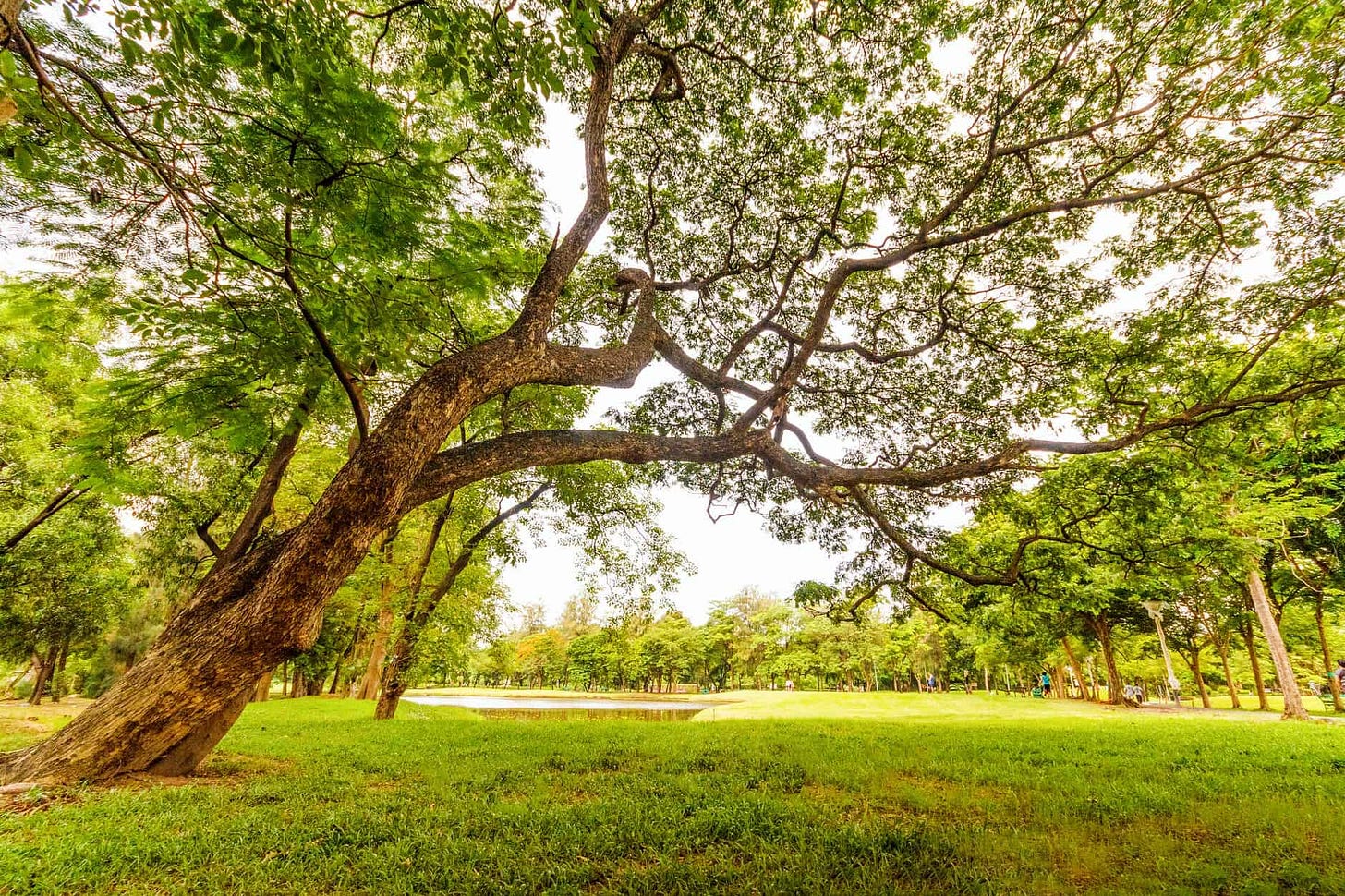Living Simply: Thoreau, Technology, and Losing Touch with Nature
Few works have had such monumental personal impact on my personal philosophies than Henry David Thoreau’s Walden (1854). I first read this masterful, albeit verbose, work when I was 19 years old, and have revisited it often for closer examinations.
On each occasion, I take away a new insight. How lucky the world is to have the infinite wisdom of Walden Pond condensed into a portable paperback form!
Part environmental musing and part literary philosophy, Thoreau conveys the importance of leading a simple existence, the beauty inherent to nature, and the interconnectedness that, in an ideal world, should be reflected and acted out by all living things.
Fast-forward a couple hundred years and much of Thoreau’s musings have remained unrealized by greater society. His call to live simply and integrate with nature was not only ignored, the sentiment has seemingly become what society at large aims to oppose. The woman or man who chooses to go to the woods today does not do so by popular vote. They certainly venture into the wilderness as an outlier, possibly an outcast, and certainly as one leading a life well against conformity.
Thoreau’s insights on nature are interspersed with sharp societal criticisms. He describes the shortcomings of a high society life with a trademark wit and a bit of aloofness:
“I would rather sit on a pumpkin and have it all to myself, than be crowded on a velvet cushion. I would rather ride on earth in an ox cart with a free circulation, than go to heaven in the fancy car of an excursion train and breathe a malaria all the way.”
Looking past his tone of voice, what resonates with me is his practicality: surely a pumpkin is not as comfortable as a pillow, yet it is cheaper, simpler, more easily accessible, and one could keep it all to themselves.
The emphasis he places on simplicity almost makes his statements absurd, but that seems to be part of his argument; who am I to deem simplicity absurd, anyway, when I exist amidst such a cushy and well-furnished home, lifestyle, and even education system?
The tools that I take for granted — iPhones, Hydroflask bottles, laptop computers — are the ones Thoreau would admonish as luxuries. His intention seemed to be to highlight that the things we need are easily obtained, yet we have lost sight of this.
Naturally, it can be fun and pleasurable to pursue things beyond mere utility; but in abstaining from this pursuit, Thoreau claims that one will land upon a greater appreciation of the things they presently own, as well as the beauty of the surrounding environment. In this sense, Thoreau acted as a vanguard for the modern environmental movement.

It does not seem like a stretch to claim that there would be no Silent Spring without Walden. Thoreau describes nuances in nature that, at least personally, I had never thought about before: the interaction of ants, the way ice freezes over on a lake, the discrepancies in bird songs.
By writing — or more accurately, waxing poetic — on minute observations of nature, Thoreau confers a value on things that ordinarily go unnoticed. Small details, when placed under a spotlight, can communicate the infinite.
The individual who holds nature as their highest value is in rare company in 2020 — I too struggle with this, and I have yet to come across a schoolmate of mine who is willing to go sit outdoors for a day without a smartphone or laptop.
Thoreau warned of the rising tide of technology. At the time, “technology” meant a railroad train, not virtual reality or space travel, as it is today. Yet his warnings against adopting great inventions in everyday life remain pertinent, maybe even more than in the 19th century.
He warns that society improves at a rate far greater than its inhabitants:
“While civilization has been improving our houses, it has not equally improved the men who are to inhabit them. It has created palaces, but it was not so easy to create noblemen and kings.”
The relevance of this sentiment today cannot be overstated. Rather than prioritizing an improvement of morality, well-being, and environmental consciousness, technology has taken precedence and it seems that humanity would be ill-equipped to navigate a world without these new advancements. Thoreau emphasizes the need for self-sufficiency, and the ability to rely on very little but the strength of one’s hands to get through the day.
This too is a tough order to fill in 2020: convincing ourselves that we can leave the house without a smartphone is now considered an absurdity.
What amazes me when I revisit Walden today is that a man inscribed his observations, thoughts, and philosophies in a 19th-century world that, environmentally, technologically, and fundamentally looked nothing like it does today, and yet the themes have remained timeless and timely.

